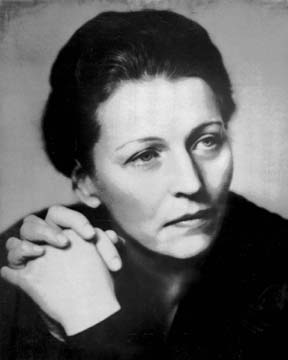
(The Refugee, by Pearl S.Buck. Questions & Answers from An Anthology of Short Stories for students of ICSE schools - class X)
1.Narrate briefly the life of the refugee in the city. What finer human qualities are manifested in their life of deprivation and suffering.
The life of a refugee in a city is a harsh life. Having left their villages, everything in the city is new, strange and unfriendly. Used to walking on farmland they now had to walk on concrete sidewalks. They did not have proper accommodation and had to live in camps on the outskirts of the city. The residents of the city were resentful of these refugees and would treat them harshly. The refugees had to either beg for a living or had to pull rickshaws to make a living. Since they did not have proper clothing, many would die on the streets during the cold winter. The refugees often had nothing to eat and were therefore in poor health.
While the life of a refugee is harsh – some fine human qualities are manifested in their suffering. Every refugee carried his own load. From the behavior of the old man, we can say that the refugees looked after the young people in their group. Whatever little food the old man got – he gave to his grandson. Even though they had come to the city after suffering many hardships, they did not want to beg as far as possible. Even though they were in the city, their intention was not to stay back in the city. They wanted to go back to their villages as soon as possible. The old man had a silver with which he could buy more food. However, he did not want to spend it for food. He wanted to save the money for buying seeds for sowing his land.
2. Why has the author given the title , The Refugee to the story? How is the old man a symbol of suffering humanity? In what way does he show that there is light at the end of the tunnel.
The author has given the title Refugee because it aptly describes the story of homeless people who are in trouble in a strange city. The old man is a symbol of suffering of humanity because he is undergoing the pain that million of people undergo everyday. Like the old man, who should not be doing hard work at his age, there are millions of old people who have to hard work to make ends meet. The old man’s son had died and he had the burden of taking care of his grandchild – like others in the world who lose their parents when they are young and have to be brought up by grandparents or other who are not in a position to take care of even themselves. The old man is a symbol of suffering humanity because the has to live on money given to him out of pity. The old man did not want to beg – he did not want anyone’s money – yet he had no choice but to accept the money which was given to him so that he could give his grandson some food.
The old man shows that there is light at the end of the tunnel because he puts the needs of the grandson before his own needs. He feeds the grandson first and then licks the leftover. He carries his grandson in the basket even though he himself has barely enough strength to walk. He saves the piece of silver that he has for buying seeds which will ensure that the same calamity does not befall them the next year too.
3.By referring closely to the incidents in the story, answer the following questions.
- what did the refugees do for a living?
- Why weren’t the refugees welcome in the city?
- What hope did the refugees have for the future?
The refugees did a variety of menial jobs for a living. They would pull rickshaws for a small sum of money – which was much less that what professional rickshaw pullers charged. Some of the refugees would go to shops and beg for money.
The refugees were not welcome in the city because the resident of the city thought that the refugees were a burden to the resident of the city. They thought that in trying to feed the refugees – they themselves would have to starve.
The hope the refugees had for the future was that if they could get some seed they could go back to their village and sow for the next crop. They were not interested in living in an unwelcome environment in the city.
2 comments:
Nice blog is this
Nice post
Post a Comment